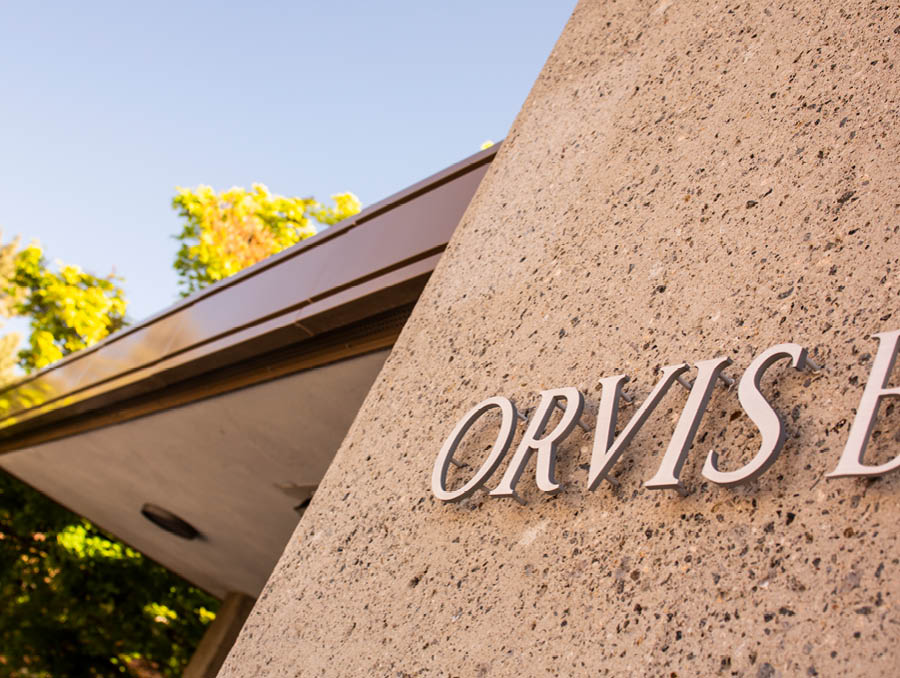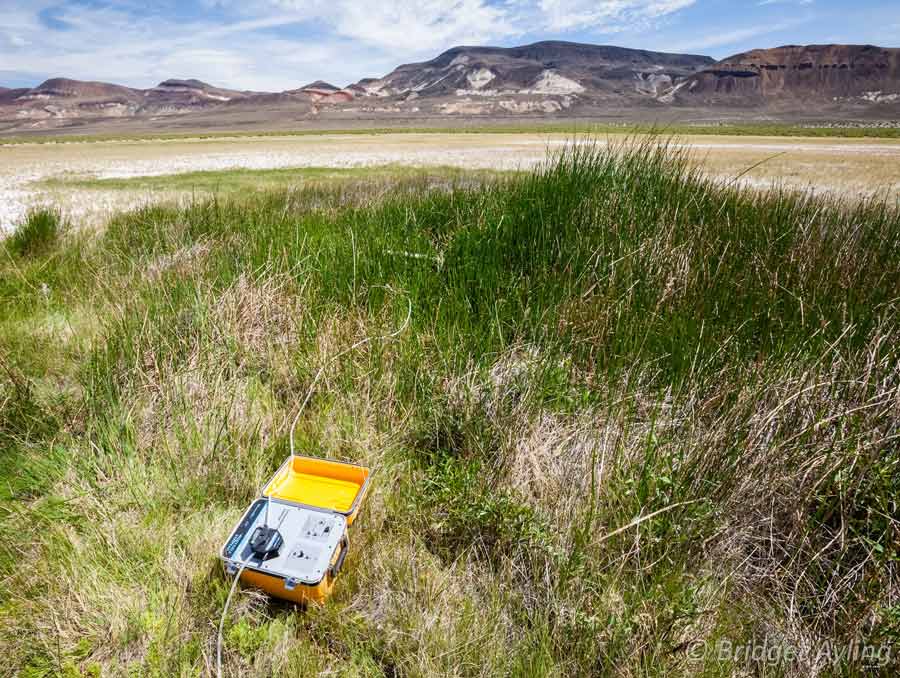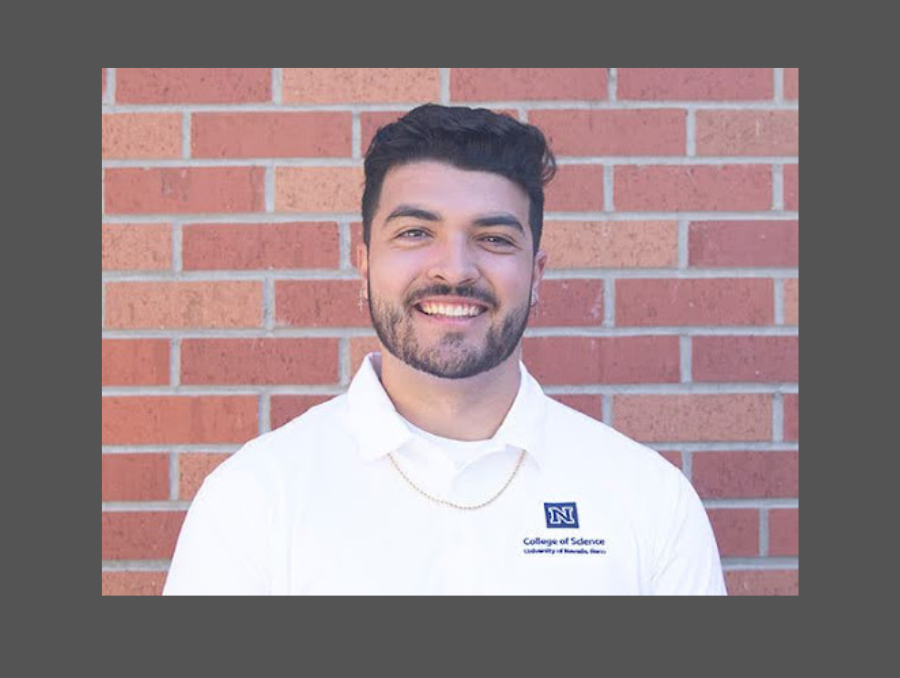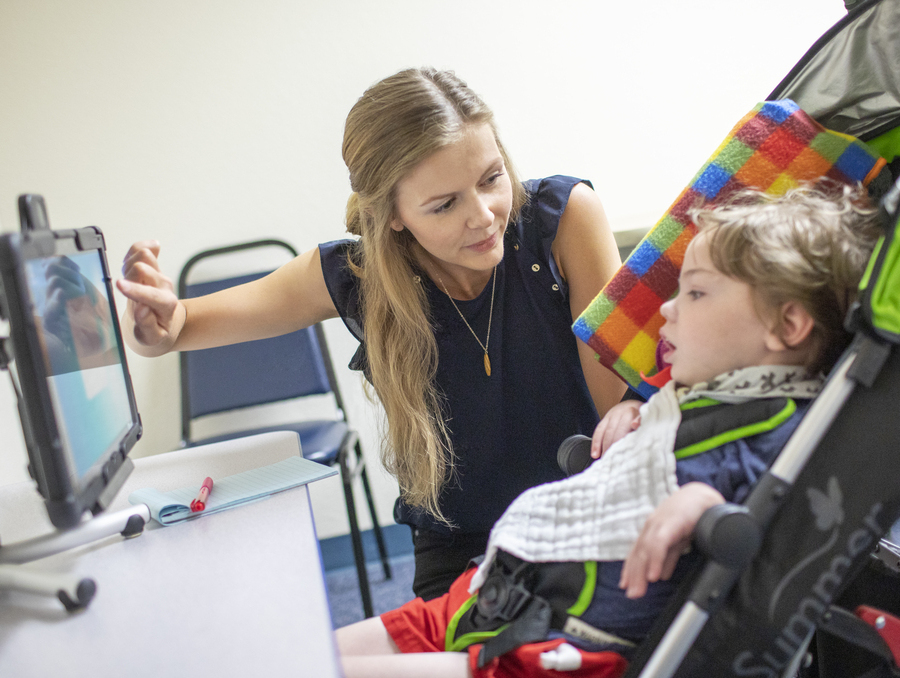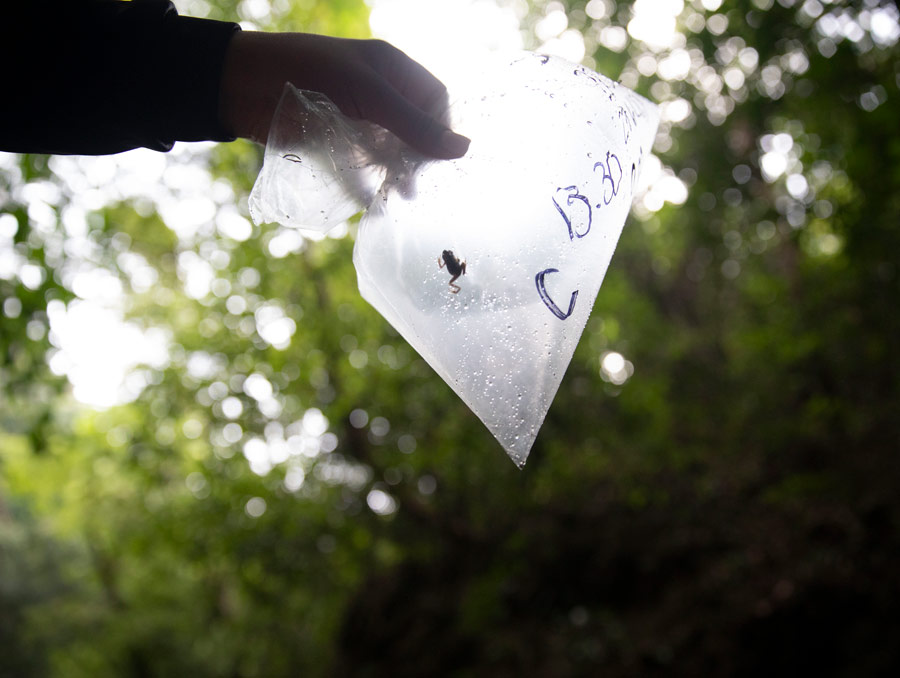When University of Nevada, Reno College of Education Dean Chris Cheney convened a task force of faculty to look at the undergraduate and teacher licensure programs to consider areas of savings, consolidation and revision, she had no idea the result would be a totally revamped program for future elementary teachers, so different than the previous one, that it would need approval from the Nevada System of Higher Education’s Board of Regents.
“I gave them a charge to look at everything we were doing and come up with recommendations for change,” she said. “What they came up with blew me away – they really ran with it, and now we have a program that is on the cutting-edge in its responsiveness to national trends and local needs.”
Among the most significant changes is that all students who pursue the College’s new, single degree for elementary education, the Integrated Elementary Teaching degree (BSEd), will not only be eligible for an elementary teaching license, but will also be eligible for a second license in one of the highly needed areas of special education, English as a second language, or early childhood education.
“To our knowledge, our program is the only one in the Western United States in which students will graduate with such eligibility,” Cheney said. “It’s well-documented across the country that numerous factors have contributed to a strong need for dually certified educators who can teach all students, including English-language learners and those with disabilities, in one classroom. Our new program specifically addresses this need.”
The College’s formerly four separate degrees have been consolidated into the new single degree, with the option to specialize in one of the three high-demand areas – special education, English as a second language or early childhood education. Cheney said that in doing so, they were able to eliminate the need for more than a dozen classes.
“For example, our four degree programs were each offering a different class related to diversity,” she explained. “We have now been able to create curriculum with a single class related to K-12 student and family diversity that meets the needs of all students, regardless of their area of specialty.”
In addition, the program is now requiring a broader and more in-depth knowledge in the core content areas of math, English, science and social studies. Cheney said that math competency in particular has been low in elementary-level teachers across the country, and she is determined to change that in Nevada.
“Our future elementary teachers will now have to complete a higher level of math than ever before, something equivalent to pre-calculus,” she said. “With the new, more demanding Common Core State Standards that Nevada has adopted for K-12, our future elementary teachers will be teaching fifth-graders math skills that were previously taught at the middle-school level. The ante has been raised, and we have to make sure that our future elementary teachers are ready to meet that challenge.”
In order for the College’s students to meet these tougher standards, Cheney said they have allowed for more electives in the program. That way, if students need to take a couple of math classes before they are ready to successfully complete the pre-calculus-level math class, they will have the opportunity to do so with their electives. If they don’t need to use the electives to meet the increased requirements for competency in math or the other core content areas, they can use the electives to become eligible in an additional area of licensure or augment their knowledge in their chosen specialty area.
On June 16, the Nevada Board of Regents approved the College’s new degree program for elementary education. And, as part of the College’s reorganization in response to budget cuts, as of July 1, the College will no longer officially have departments. Cheney spoke of “not wasting a good crisis.”
“What this has really translated to is that we no longer have department walls,” she said. “We are one faculty. I’m really proud of my colleagues in the College. They responded to these challenging times by creating a streamlined program that minimizes expense, eliminates content overlap, reduces credits, increases opportunities for specialization and is responsive to national trends and local needs.”
The College has also made some changes, though not as extensive, to their secondary education undergraduate program. Principally, it provides more field experience, as well as allowing students in the program to get two degrees – one in secondary education and one in their subject area, such as biology, math or English. If students choose to do so, they can also minor in an area, such as English as a second language or special education, that makes them eligible for licensure in those areas as well.
“The additional hands-on experience will make our secondary education graduates more prepared for teaching in our middle schools and high schools, and the dual-degree opportunity combined with the option for a minor will make them very marketable,” Cheney said.




